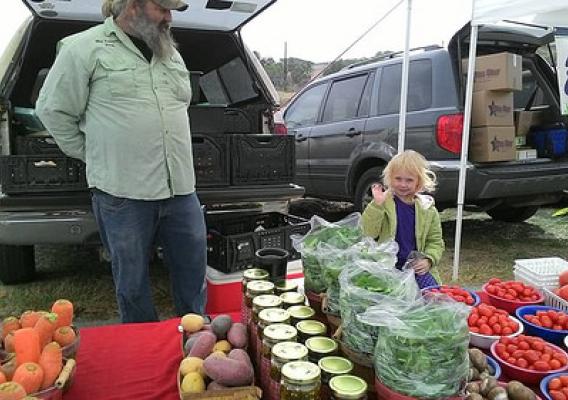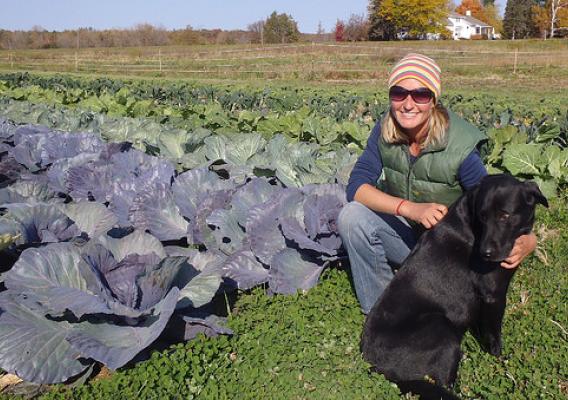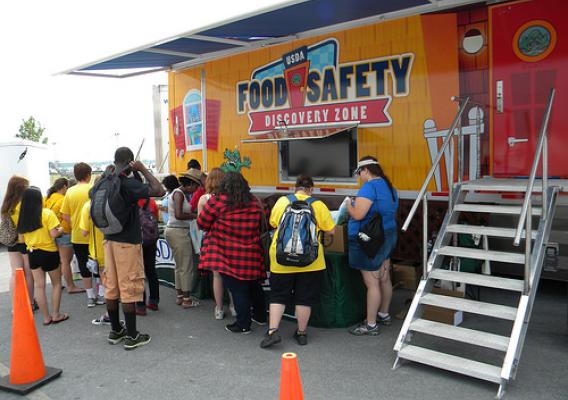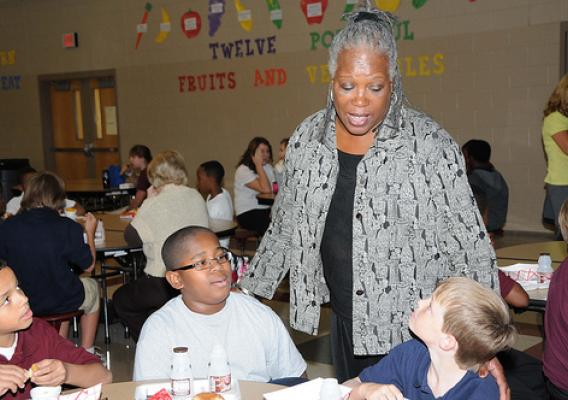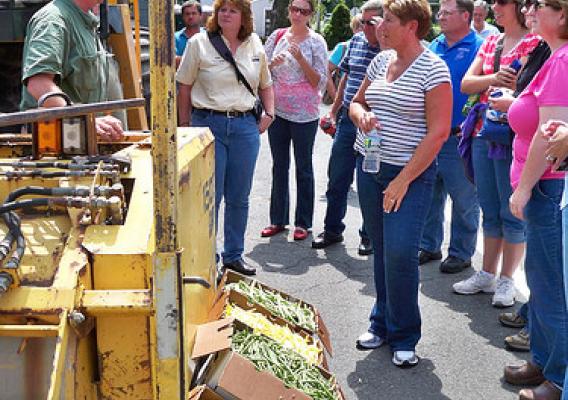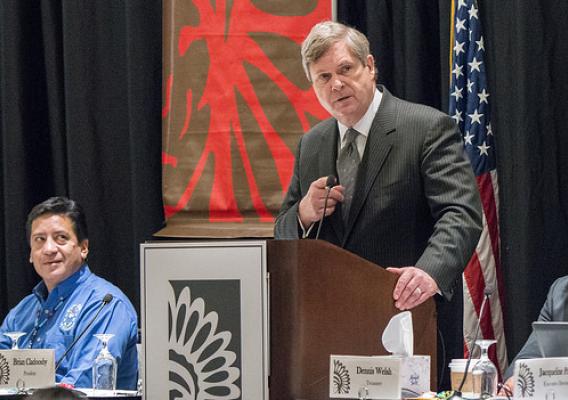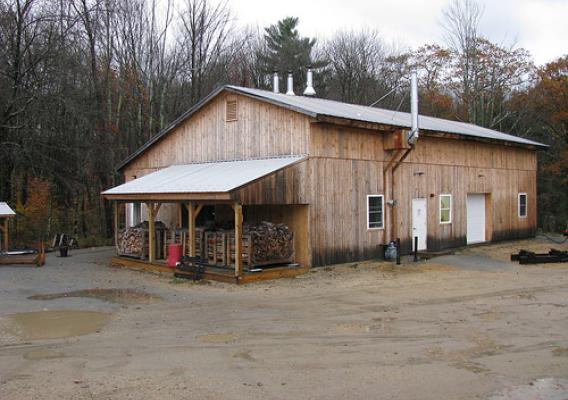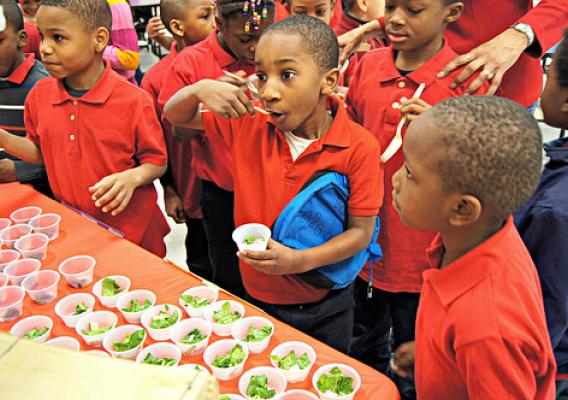Earlier today, Secretary Vilsack published an op-ed in Indian Country Today discussing USDA’s efforts to improve access to capital for Tribal citizens. You can read the original op-ed here.
Last week, I spoke to several hundred tribal leaders at the National Congress of American Indians Tribal Nations Legislative Summit here in Washington, DC. The conversation was wide ranging, but boiled down to two key topics: what have we achieved, and how can USDA programs better support sustained economic growth in Indian Country?
USDA and our partners in Indian Country have made significant improvements to critical infrastructure over the past five years. In the past year alone, USDA invested more than $625 million in Indian Country through our Rural Development programs. We have worked with Tribes to bring new and improved electric infrastructure to Tribal lands and financed Tribal community facilities, including schools, medical facilities and Tribal colleges and universities.

